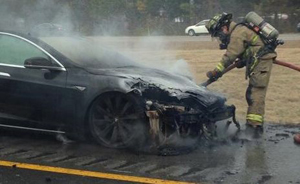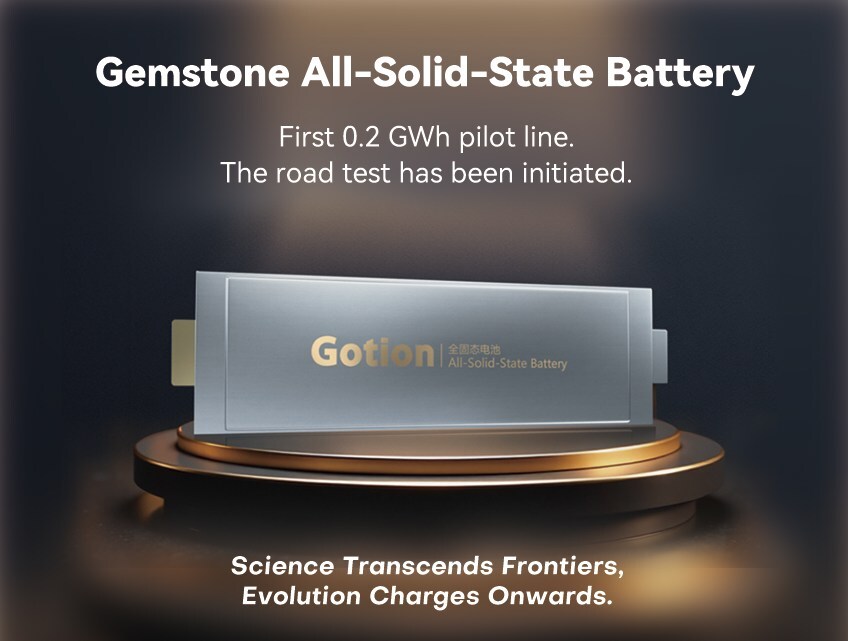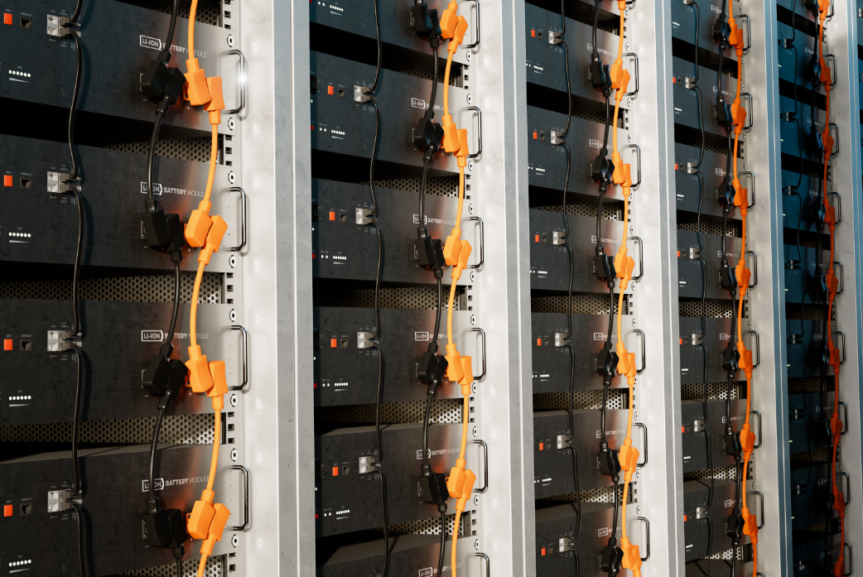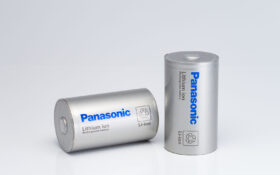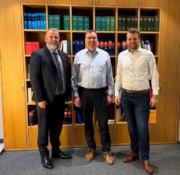Tesla may have to face a costly recall after three fires on its Model S in five weeks called into question the safety of the battery. Despite Elon Musk’s protestations to the contrary, the decision will be down to US regulators who could decide to investigate the fires as a defect.
Musk is adamant a recall will not be required. This could be the case if the regulators view the fires as isolated incidences rather than an inherent problem with the car’s design.
While the fate is up in the air, Musk is thinking of the company’s next step. During an earnings call with analysts, Musk said the company is considering building a lithium-ion production facility but did not reveal many details. “This will be a giant facility. We are talking about something that is comparable to all of the lithium-ion battery production in the world – in one factory,” the CEO said.
Following the incidents Tesla could choose in-house manufacturing is the best way to have total control of components.
The first fire happened in Washington on 1st October when the car hit a large piece of metal in the road. The National Highway Traffic Safety Administration (NHTSA) investigated and found no evidence the fire resulted from any defect or violation of safety standards.
The second fire occurred after a crash in Mexico, and the third followed the driver hitting a loose metal object in Tennessee. This incident awaits an official report from the NHTSA.
The commonality is the metal underside of the car casing the lithium-ion battery not being able to withstand being struck. If this is deemed to be something that would have caused a fire for any other car in that scenario then no investigation will be needed.
For an investigation by US regulators to take place, it would have to be determined if the fire’s frequency under normal driving conditions is more than other vehicles. This would include whether a failing part is safety related and if it could happen under regular driving conditions.
The Model S gained a five star safety rating on the NHTSA’s crash testing.

